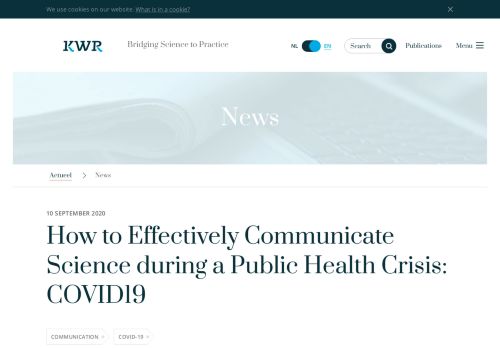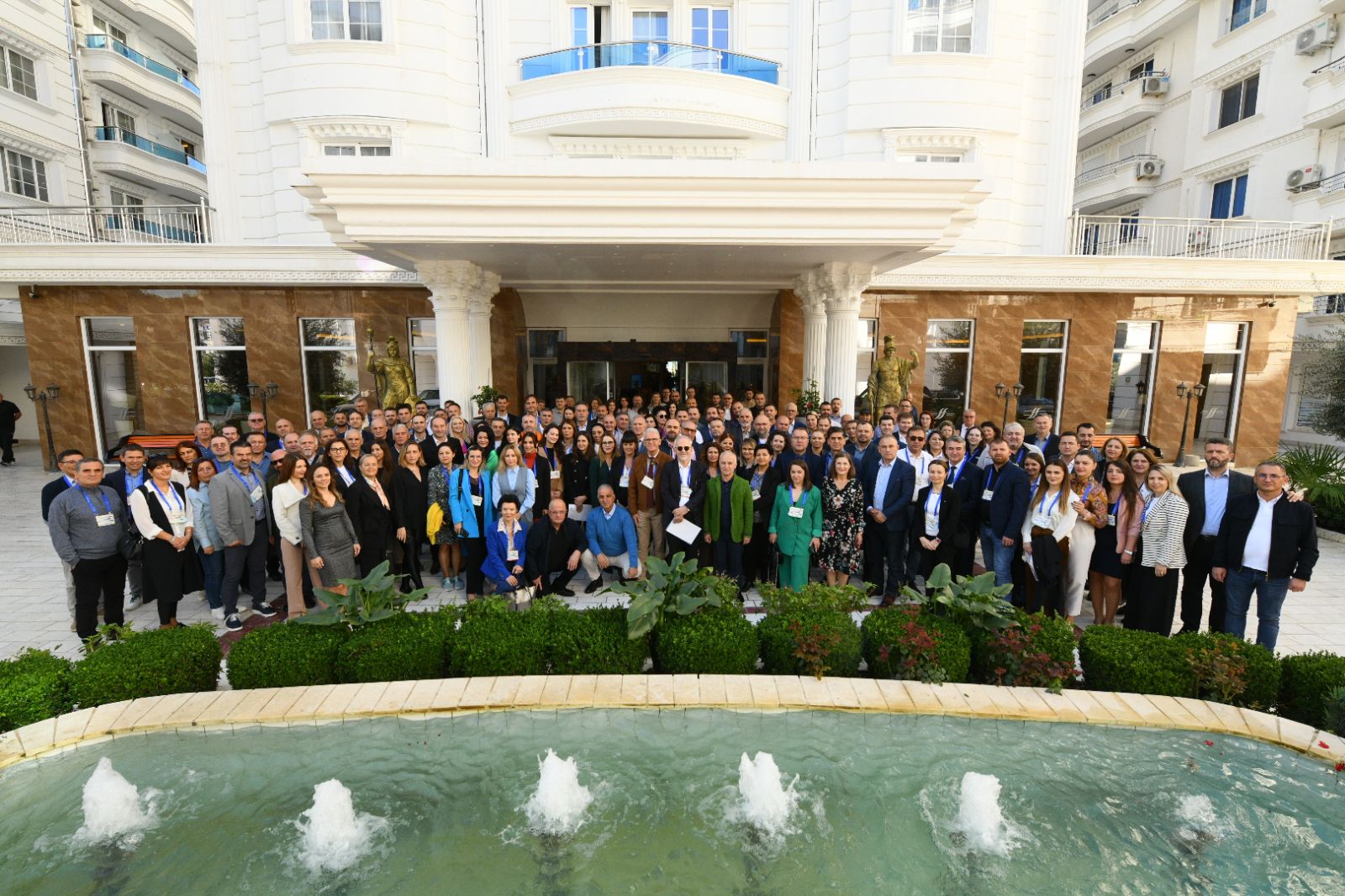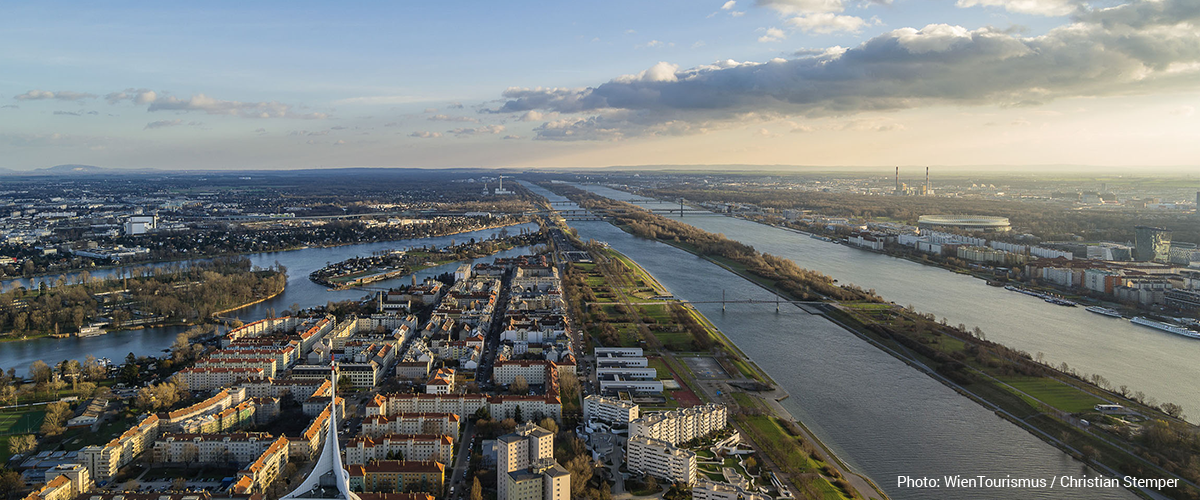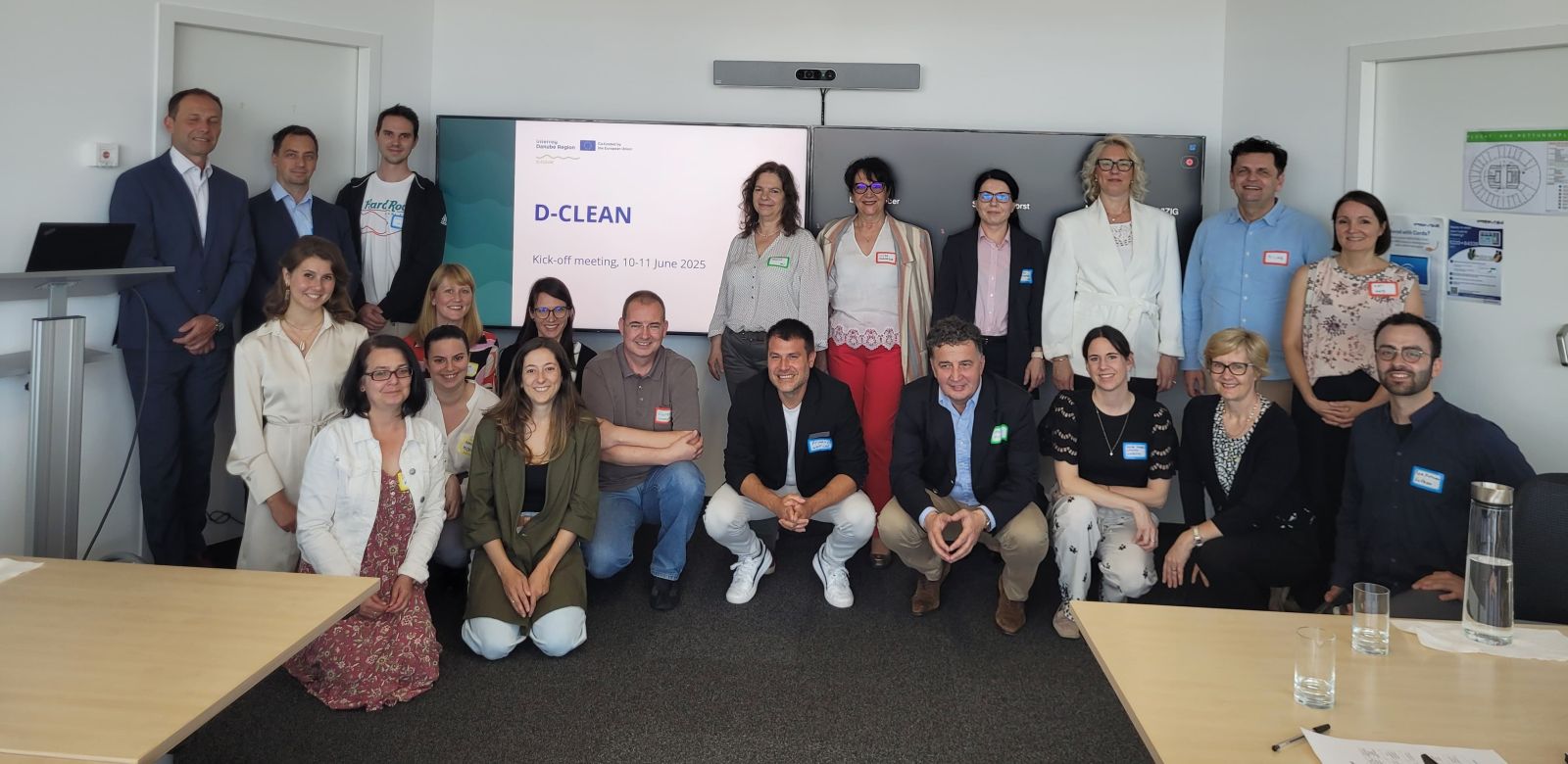
Voice of the Danube
KWR is a Netherlands-based water research institute aiming to bridge science to practice. Their wastewater monitoring to track COVID-19 has contributed a highlight to our COVID-19 crisis response webinars. Now they have published a very helpful guide titled “How to Effectively Communicate Science during a Public Health Crisis”.
COVID-19 is alive and kicking, and recent developments across Europe indicate that the pandemic situation will stay with us well into next year – with enormous potential for damage. The virus does not only threaten lives, businesses and whole industries. It also seems to affect the capacity for civilized, fact-based dialogue: scientists, decision-makers and opinion leaders are faced with a flood of fake news that ranges from the slightly questionable to the outright bizarre. It gains more traction the longer the emergency lasts and feeds a growing movement that refuses to take part in pandemic control measures.
All the more valuable is the latest contribution of Netherlands-based research enterprise KWR. This company has long engaged in practical pandemic response and introduced wastewater monitoring as a prediction tool in pandemic control.
While their microbiologists collected sewage samples for analysis, another group of KWR researchers sought to research, develop and implement an integrated and resilient crisis communications approach to equip stakeholders with the necessary tools and knowledge for effective science communications related to water and public health.
Thankfully, the KWR team has published the resulting step-by-step guide to efficient science communication in times of crisis for free download on its web page. Everybody who has to engage in crisis communication and crisis-related decision-making these days should get this helpful tool under the link below.




